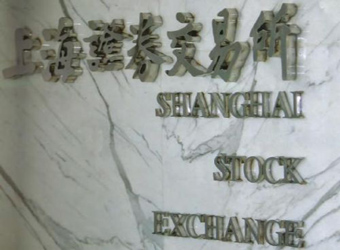China’s major stock exchanges have called on large mutual funds to curb stock selling as authorities seek to stabilise markets during a challenging economic period, according to three sources familiar with the matter.
On December 31, January 2, and January 3, at least four prominent mutual funds received calls from the Shanghai and Shenzhen exchanges, urging them to buy more stocks than they sold each day, the sources said.
The guidance came as Chinese stocks began 2025 with sharp declines, driven by concerns over incoming US President Donald Trump’s potential tariffs on Chinese goods, which could further strain China’s already struggling economy.
While funds were not outright banned from selling, they were instructed to ensure total purchases exceeded sales or to promptly replenish their positions if sales outweighed buys, according to one source. “Such guidance tends to become a regular practice,” the source added, referencing similar directives at the start of the previous year.
China’s blue-chip CSI 300 Index fell 2.9 per cent on the first trading day of 2025, marking its worst New Year performance since 2016. The benchmark declined by over 5 per cent last week.
Authorities have been employing various measures to stabilise sentiment in financial markets. In recent months, they introduced swap and relending schemes worth 800 billion yuan to encourage stock purchases and held meetings with foreign institutions to bolster investor confidence.
The annual Central Economic Work Conference in December highlighted stabilising stock and property markets as key priorities for 2025. Despite closing 2024 with a 14.7 per cent gain—the first annual increase since 2020—most of the growth resulted from a brief rally following a stimulus announcement in September.
The exchanges’ latest move mirrors actions taken early last year when Chinese stocks hit five-year lows. However, as Trump’s tariff threats loom and the yuan weakens, China’s markets face mounting pressure in the weeks leading up to his second term.
The Shanghai and Shenzhen exchanges have not commented on the matter, while sources declined to be named due to its sensitivity.
Attribution: Reuters


